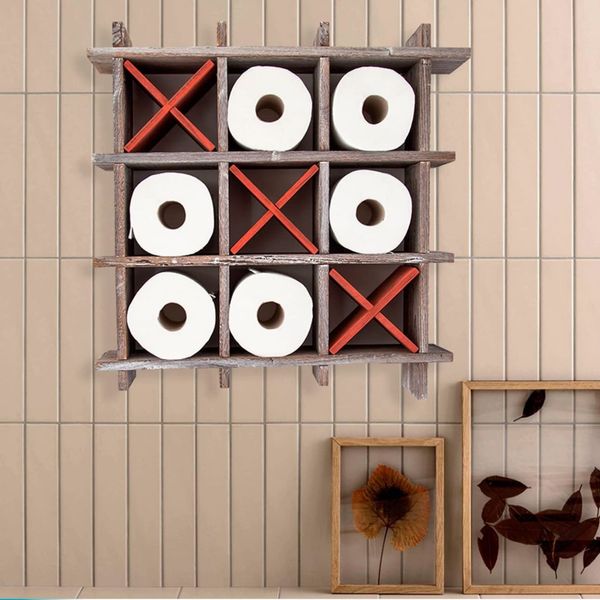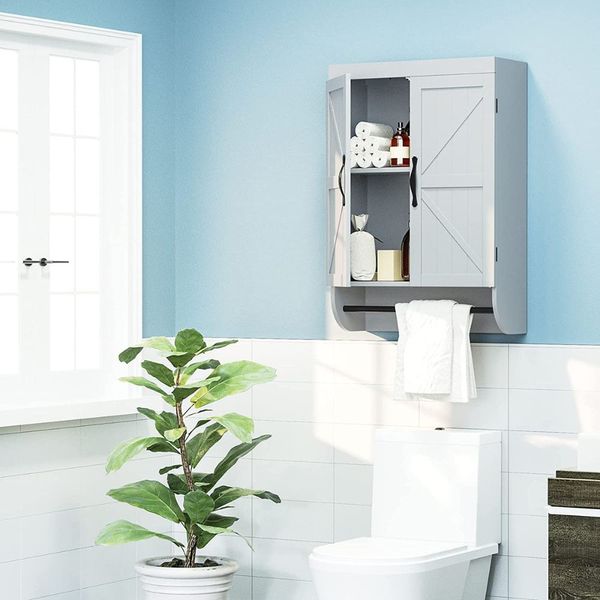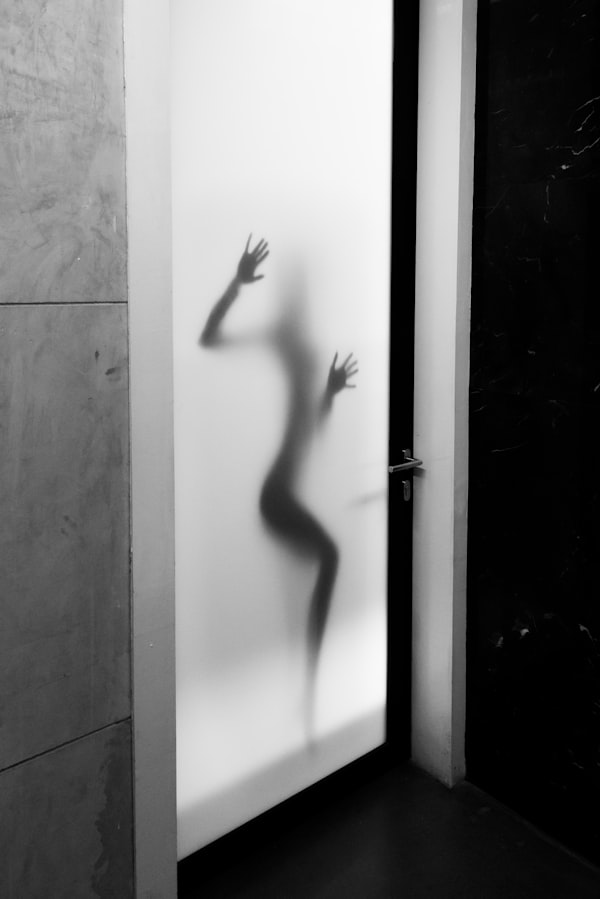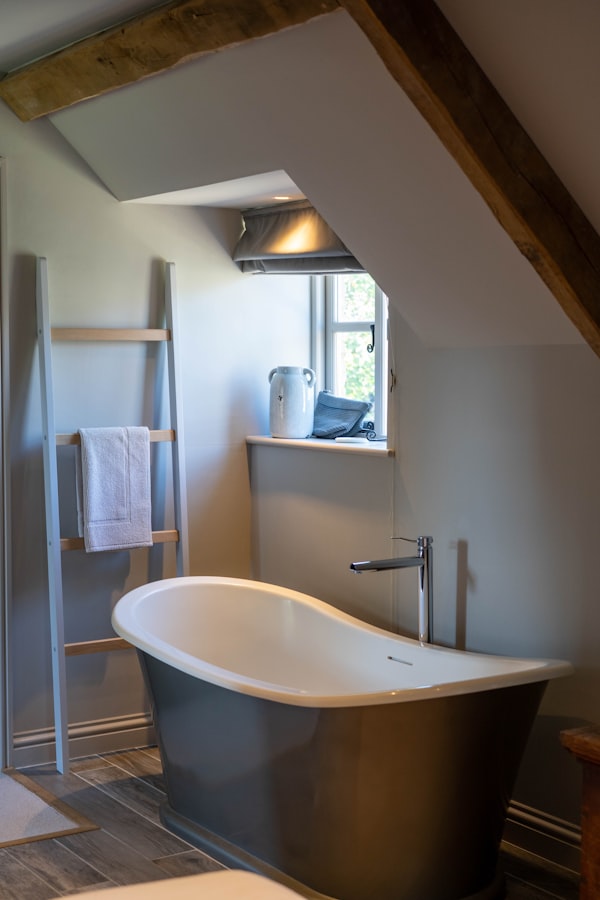You may have heard that the water from your bathroom sink is safe to drink. After all, it comes from the same source as the water you get from the kitchen sink, right? Well, not exactly. The truth is that the water from your bathroom sink is not necessarily safe to drink. Here's why.
Disclaimer: We are a participant in the Amazon Services LLC Associates Program. We are also an Affiliate for other Companies and may earn a commission for purchases made thru some of our links.
The Difference Between Cold and Hot Water taps
When it comes to your bathroom sink, there are usually two different taps: one for hot water and one for cold water. The cold water tap is connected to a pipe that leads directly to the municipal water supply. This means that the water in this tap is treated and safe to drink.
The hot water tap, on the other hand, is connected to a pipe that leads to your home's water heater. This means that the water in this tap has not been treated and may not be safe to drink. In fact, if your home's water heater is not properly maintained, the hot water from your bathroom sink could actually be dangerous to drink.
So, what should you do? If you're ever unsure about whether or not the water from your bathroom sink is safe to drink, err on the side of caution and stick with cold water only. Your health will thank you for it!
Why does bathroom sink water taste different?
When you turn on the faucet to brush your teeth or wash your hands, you expect the water to taste clean and fresh. But why does bathroom sink water sometimes taste different? One possible explanation is that the pipes that supply water to bathroom fixtures are often made of different materials than those used for kitchen sinks.
For example, lead pipes were commonly used in the past, and while they are no longer used today, they can still leach lead into the water. In addition, high concentrations of chlorine are often used to disinfect public water supplies, and this can also affect the taste of the water.
However, the most likely explanation is simply that bathroom sinks are located further away from the main water supply, and as a result, the water has had time to pick up contaminants from the pipes.
Whatever the reason, if you notice a difference in the taste of bathroom sink water, it's important to contact your local water supplier to determine if there is a problem with the water supply.
How can you tell if tap water is safe to drink?
We all know that water is essential to our survival. Every day, we need to drink water to stay hydrated and keep our bodies functioning properly. But what do you do when you're not sure if the water coming out of your tap is safe to drink? Here are three ways you can check before you pour.
Check the Yearly Consumer Confidence Report
Every public water system is required by the Environmental Protection Agency (EPA) to provide an annual Consumer Confidence Report (CCR). This report includes information on where your water comes from, what's in it, and how it compares to EPA drinking water standards. You can typically find your CCR online or you can contact your local water utility for a copy. Once you have the report, take a close look at the contaminant levels listed. If any of the contaminants are above the EPA's maximum contaminant levels (MCLs), then the water is not safe to drink.
Get Your Water Tested by an Independent Laboratory
If you're still unsure after reading your CCR, you can have your water tested by an independent laboratory. While this option will cost you money, it's worth it for peace of mind. Make sure to ask the lab specifically for a drinking water analysis—you don't want them to test for other things like heavy metals or hazardous materials. Be aware that it can take several weeks to get results back from the lab, so plan accordingly.
Use Your Senses
If you're in a pinch and don't have access to a CCR or testing lab, you can always use your senses to determine if tap water is safe to drink. Most of the time, safe drinking water will be clear and free of any sediment. It should also have no unusual odors or tastes. Of course, this method is far from foolproof but it can give you a general idea of whether or not the water is safe to drink.
Is it okay to drink hotel sink water?
Hotel sink water is generally safe to drink, although it may contain higher levels of minerals than tap water. The main concern with drinking hotel sink water is that it may not be as clean as tap water, since it may not be filtered or treated.
However, most hotel sink water is perfectly safe to drink, as long as you take precautions such as avoiding ice cubes and letting the water run for a few seconds before drinking.
If you are concerned about the quality of the hotel sink water, you can always ask the hotel staff for a water test report. Overall, there is no need to worry about drinking hotel sink water, as long as you take some simple precautions.
Conclusion
In conclusion, while it's generally safe to drink water from the bathroom sink, there are a few things you should keep in mind. If you have any doubts about the safety of your tap water or if you're experiencing any unusual symptoms after drinking it, be sure to consult with a doctor. Have you ever drunk water from the bathroom sink? Let us know in the comments below!
Please jump over to our Home Page for more helpful Articles.








